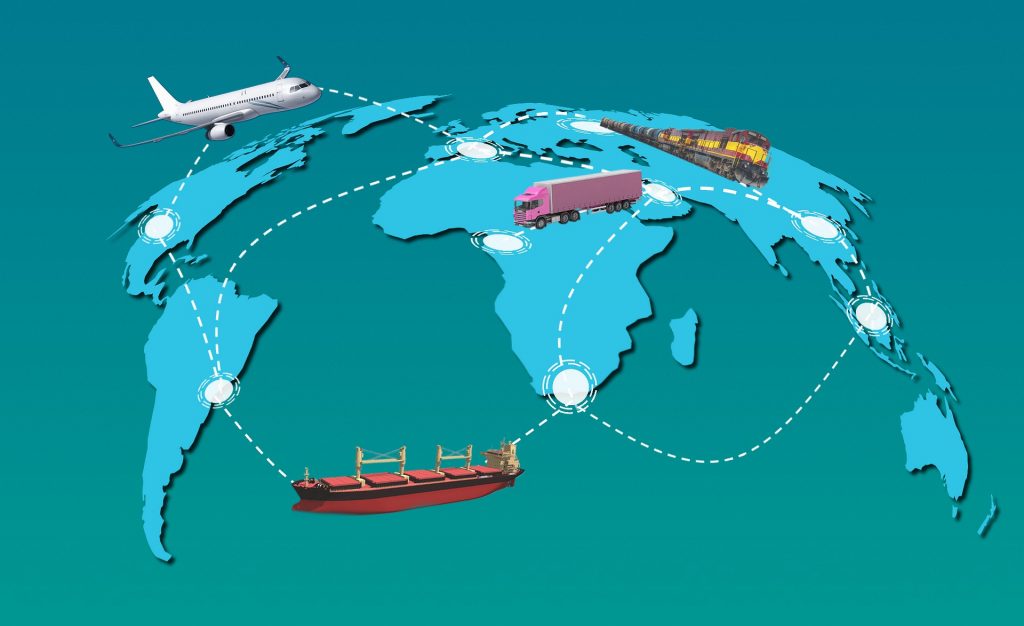When looking at potential use cases for quantum computing, the supply chain offers a multitude. Already companies like Quantinuum or Zapata Computing have helped large companies like BMW or Coca-Cola bottlers to optimize their supply chain operations and reduce costs. For D-Wave Systems, a leading quantum computing company, they were able to help their client, Volkswagen, reduce their costs and waste by 80%. D-Wave was able to help other clients, like a grocery store chain called Save-On-Foods, as well. “Save-on-Foods was looking for grocery optimization,” explained Murray Thom, the Vice President of Product Management for D-Wave. “They’re a mid-size Canadian grocer, but they have a relatively complex business, operating over three million square kilometers with retail stores, online ordering, and home delivery. We’ve been able to work with them to take an important grocery optimization problem from 25 hours down to two minutes.” With incredible success stories like D-Wave‘s, it will be no surprise to see other industries try to leverage quantum computing for their own supply chains.
While AI and supercomputing offer their own benefits for improving supply chain processes, quantum computing has its own unique abilities, thanks to its design, that allow it to handle huge amounts of data with rapid analysis times. This makes the technology particularly helpful in solving optimization problems, which a majority of supply chain problems are. With optimization problems, a user is looking for the best solutions given several constraints. For example, Thom suggested: “My objective is to schedule vehicles for the minimum distance [of driving]. My constraint might be the weight of the vehicle.” For D-Wave, solving these types of problems include a mix of classical and quantum computing. As Thom explained: “We’re applying what classical computers can do well, which is rapidly doing local optimizations on the problem and then breaking a piece out for the quantum computer to reconfigure and propose back in to explore through the solution space more effectively.” This hybrid computing allows for faster solution times, which can be critical for some industries, like companies offering same-day deliveries. With a reported “154% compound annual growth in same-day delivery,” many companies are looking to use the rapid rates of quantum computing to take advantage of this new growth in a sustainable way.
As quantum computers are already illustrating their value for supply chain optimization, many experts expect more companies to use quantum for their own benefits. “Given their unique capabilities, quantum computers are poised to optimize supply chains involving a wide range of intersecting variables,” explained Zapata Computing CEO Chris Savoie in a 2021 Forbes article which mentions Zapata’s work for Coca-Cola Bottlers Japan. “This could transform the distribution of everything from life-saving drugs and critical resources to electronics, food, and basic consumer goods.” Other experts like IBM found that transportation could benefit the most from quantum computing. In a recent report, they mentioned how ExxonMobil was looking into using quantum computing to optimize moving ships carrying crude oil. Other fields ranging from retail to warehouse management are beginning to take notice of the possibilities of this technology.
But there are other benefits to using quantum computing, mainly that it could make businesses more environmentally friendly. Using this technology to optimize transportation or delivery could significantly reduce a company’s carbon footprint. “Transportation accounts for 28% of all greenhouse gas emissions,” Savoie said in the article. “Optimizing routes by just 5% for U.S. freight trucks alone could reduce carbon emission by roughly 22 million tons each year.” For companies looking to boost their efficiency and make their business more sustainable, many quantum experts like Thom highlight that now is the right time to begin. “You don’t need to be a quantum physicist to know how to program these systems,” Thom said. “People can get started right now.” Savoie echoed these sentiments in an interview with Inside Quantum Technology by saying: “Even though quantum computers are still in the NISQ era, we are already seeing the benefits that quantum methods can provide for the supply chain industry, including last-mile delivery and route optimization, machine learning optimization for preventative maintenance, and warehouse and distribution optimization. By using these methods on classical computers today, you can get the ball rolling on developing the infrastructure and applications needed to take full advantage of the more powerful quantum computers as they become available.”
Kenna Hughes-Castleberry is a staff writer at Inside Quantum Technology and the Science Communicator at JILA (a partnership between the University of Colorado Boulder and NIST). Her writing beats include deep tech, the metaverse, and quantum technology.
